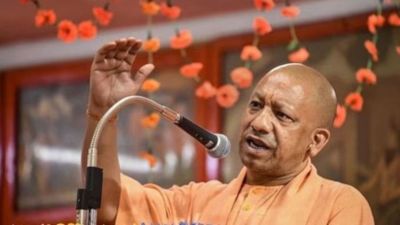CSIR chief for dot.com regime
MUMBAI, APR 4: In order to become a knowledge society, India must keep pace with paradigm shifts experienced globally, Director General of...

MUMBAI, APR 4: In order to become a knowledge society, India must keep pace with paradigm shifts experienced globally, Director General of Council for Scientific and Industrial Research CSIR, Dr R A Mashelkar said today.
8220;What India needs is a hassle-free DOT.com regime,8221; he said addressing the Confederation of Indian Industry CII annual regional session here. 8220;The entire world is tapping intellectual capital of India, how long are we going to be followers instead of leaders,8221; he asked.
To become a knowledge-oriented society the country should protect both technological innovations and innovators, he said adding, there should not be any misapprehensions and 8220;we must behave and think as a knowledge society.8221;
He said with major paradigm shifts taking place at global level, India8217;s future belonged to new economy based on intellectual wealth, knowledge and intensive innovations. 8220;We will have to rewrite economic fundamentals, since it is knowledge that will rule the world,8221; Mashelkar added.
Stressing on intellectual wealth,8217; Mashelkar said people should be treated as an asset with knowledge management being the key word.
He said India should take advantage of its vast manpower resources and convert it into genetic-diversity to attract Indian infotech professionals back to the Indus Valley8217; from the Silicon Valley.
Technological revolution has brought with it intense global competition, strategic alliances and globalisation, which should not be feared as they are here to stay, he said.
NIIT founder and chairman Rajendra Pawar agreed with Mashelkar and said, there were indeed paradigm shifts in the two Ms8217; of management 8211; materials and machine.
These have been substituted by bytes and mind, he said adding, unlike industrial revolution, humans were once again occupying the centre of the entire equation.
Subhash Chandra, chairman of Zee Telefilms Ltd, and John Clarkson, chairman, the Boston Consulting Group, expressed their views on technology-infotainment, creating new horizons and real wealth in the new global economy respectively.
- 01
- 02
- 03
- 04
- 05































